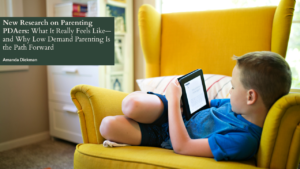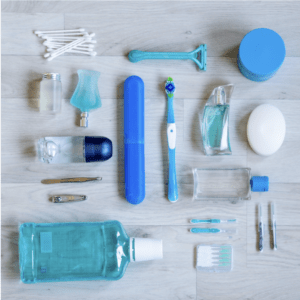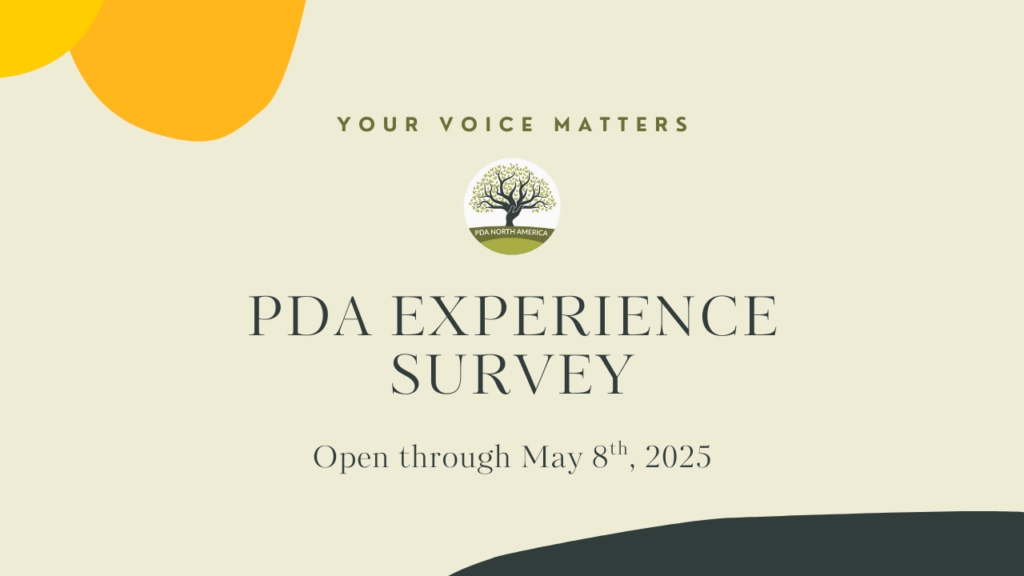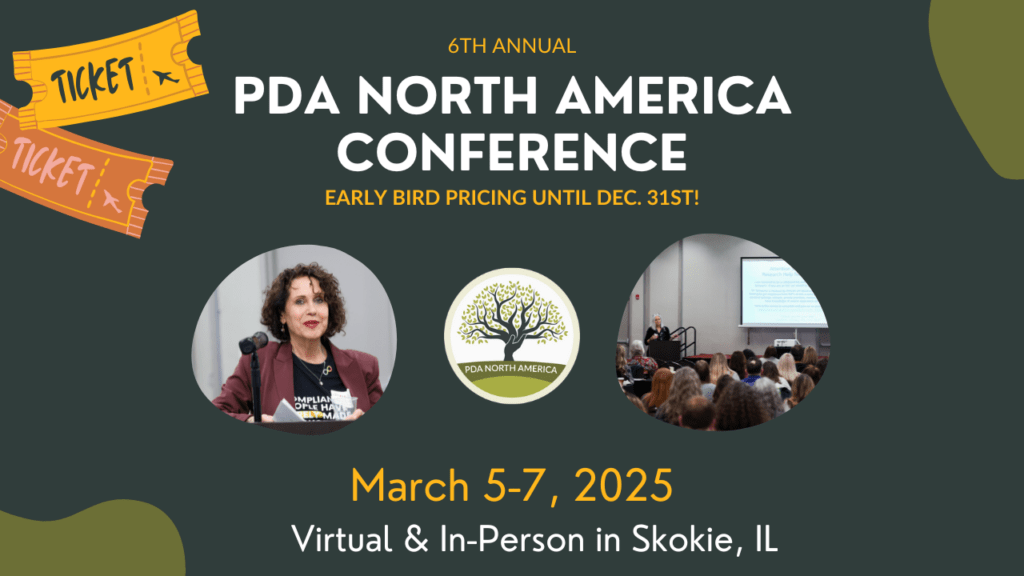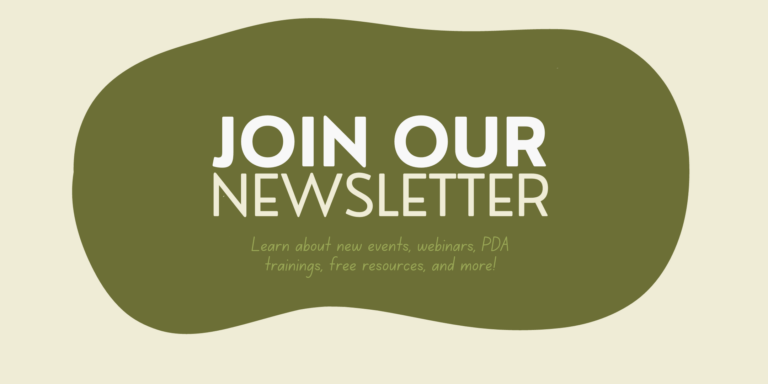That’s funny… you don’t look PDA!
My son & I are both Autistic with a PDA profile.
Specific profiles of Autism aren’t recognized in the DSM-5 but can be very helpful to Autistic people in furthering our self-understanding, discovering specific accommodations that help us, and finding community with other Autistics who most closely share our brain wiring.
Like Autism in general, PDA was first described by clinicians who were observing traits from the outside. This means only people with externally obvious traits were noticed and described. PDA was defined by the phenomenon of demand avoidance – children like my son who go to extreme, even harmful lengths, to avoid demands and expectations of daily life.
But PDA is a much more useful category if we define it by the underlying brain wiring, which is hypothesized to be an overactive threat response that gets easily triggered when faced with a lack of control, autonomy, or equality. This can include being threatened by both internal demands of the body, or external demands from other people or reality itself.
Internalized PDA is simply when a PDAer’s coping strategies for this disabling brain difference are fairly subtle to an outside observer.
My son tends to go into fight or flight mode when he is threatened. He melts down.
When threatened, I tend to go into freeze or fawn mode. I shut down or people-please. Or, in extreme emotional distress, I dissociate or run away.
My son tends control other people to feel in charge, and therefore safe.
I tend to control myself to feel in charge, and therefore safe. (Though I do my fair share of controlling others – just ask my husband.)
My son’s instinct is to neutralize the threat to his autonomy by not following the rules of authority figures.
My instinct is to neutralize the threat to my autonomy by following the rules of authority figures and then making up more rules I have to follow. In essence, I am saying “I will control myself so well that I will be absolutely sure it is me who is in charge, and not you.”
My son does not please people unless he is regulated and wants to do the thing intrinsically.
